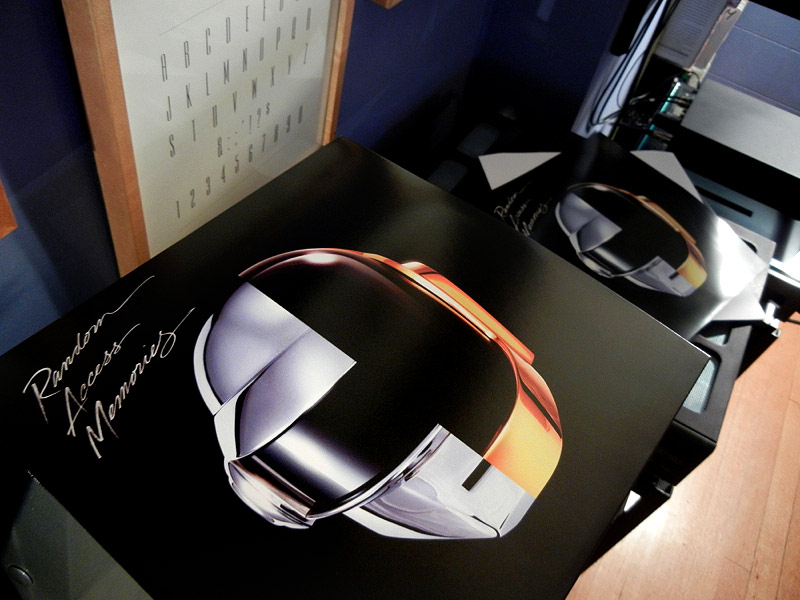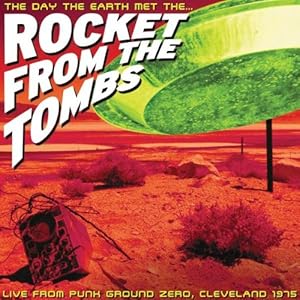Johann Sebastian Bach: Hamish Milne (Piano)
Bach: Piano Transcription Volume 5 - Goedicke ~ Kabalevsky ~ Catoire ~ Siloti
1. arr Goedicke: Prelude and Fugue in G major, BWV 541
2. arr Siloti: Prelude in B minor (from Clavierbüchlein für W. F. Bach, BWV855a)
3. arr Siloti: Prelude (from Canata No. 35, BWV 35)
4. arr Goedicke: Prelude and Fugue in D minor, BWV 539
5. arr Siloti: Air (from Suite for Orchestra no 3 in D major, BWV 1068)
6. arr Siloti: Adagio (from Sonata for Violin and Harpsichord no 5 in F minor, BWV 1018a)
7. arr Goedicke: Fugue in C minor, BWV 575
8. arr Catoire: Passacaglia and Fugue in C minor, BWV 582
9. arr Siloti: Siciliano (from Sonata for Flute and Harpsichord in E flat major, BWV 1031)
10. arr Kabalevsky: Toccata and Fugue in D minor, BWV 538 "Dorian"
The Russians are coming! After a couple discs from Busoni, a mixed bag from Friedman, Grainger & Murdoch, then a wonderfully introspective view from Feinberg we head further East to visit the likes of Siloti, Goedicke, Catoire and Kabalevsky. One can surmise that there is a nice connection or understanding between the music of Bach and the Russian soul. The longing, the suffering - the joy through tears and pain. If you get to the heart of any great Russian composer and this is what you find. But then maybe I'm generalizing? This element is in all the music I listen to but it is just dressed differently. There are plenty of tears to be had through Bach. It is just that Bach would offer his pain and tears more stoically with a little more hope around the edges. Combine the two and it still comes out of the wash as beautiful, profound music.
Hamish Milne here offers an outstanding reading of the four Russians represented here. Subtleties delivered warmly with a legato to die for. Case in point is Siloti's Prelude in B minor. Other highlights are the wonderful organ works in G major, C minor, and D minor.


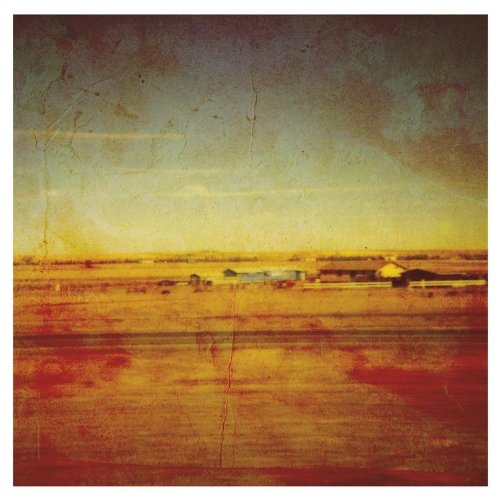





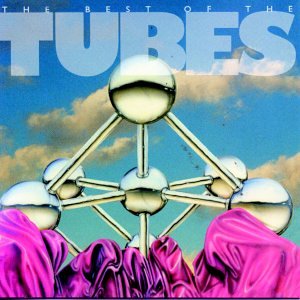


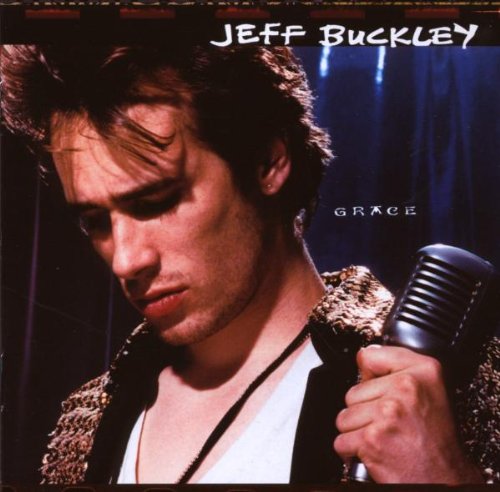






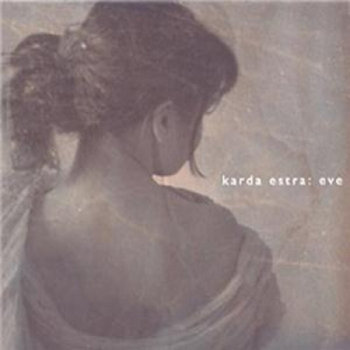







 Originally Posted by Brian G:
Originally Posted by Brian G: